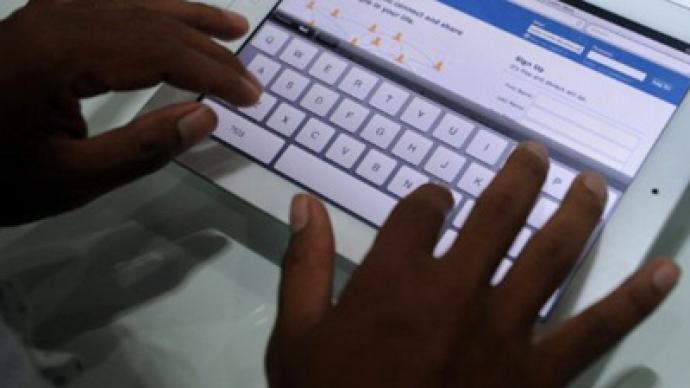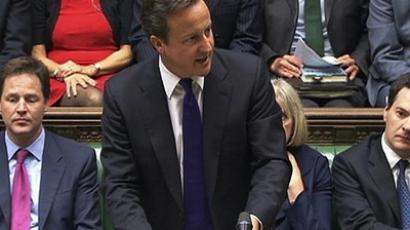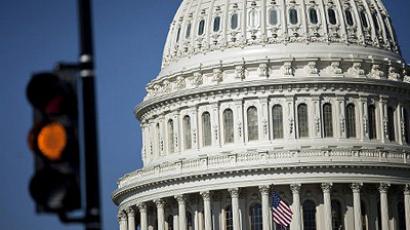Facebooked on charges: Hitting 'like' may land you in jail

Fifteen years behind bars is the price you could pay for “liking” some Facebook pages in Thailand. Outrageous? Unfortunately, it is just a part of a global trend as Big Brother’s hand is increasingly extended to social networks.
Thailand’s information minister has warned that people “liking” or “sharing” Facebook pages considered derogatory to the King and the royal family will be charged with violating the country’s lèse majesté laws, a crime punishable by up to 15 years in prison.He advised them to “unlike” the pages and to remove any comments posted or risk harsh penalties, The Bangkok Post reports.Thailand is notorious for strictly enforcing its laws protecting the dignity of the sovereign, regardless of the perpetrator’s nationality. In 2007, a Swiss man was arrested and sentenced to 10 years in prison for spray-painting posters with the King’s image. Luckily for him, the subject of his portraits pardoned him after four months. In 2009, an Australian writer was sentenced to three years in prison for writing a novel which contained a passage considered offensive to the royal family. Once again, he got lucky after the King pardoned him too. The Thai authorities are now turning their attention to cyberspace in the quest to clamp down on offenders. This year, US citizen Joe Gordon was arrested for posting excerpts from a banned biography of the King on his website and is currently waiting for the court’s ruling after he pleaded guilty to insulting the royal family.Although all these episodes portray a quirky but harmless national law, the reality is that nobody is immune from being arrested for their internet activities, even (and perhaps especially) in the Western world. The British police arrested some Facebook users for allegedly inciting disorder, looting and burglary during this summer’s riots in the country. They were eventually sentenced to four years in prison. In the United States, six teenage girls were detained after they used Facebook to send invitations to participate in a so-called “Attack a Teacher Day.” The punishments they received were not as severe, however: they were released into the custody of their parents and were suspended from school for several days. Although prosecuting people for their online activities is nothing new, the number of activities that could get you in jail has been on the rise. And although Thailand has its own eccentric legislation regarding freedom of speech, there is also an alarming trend in the West: the internet, once a bastion of free speech, is now monitored by the authorities who seek to interpret what they read as evidence of a crime.














